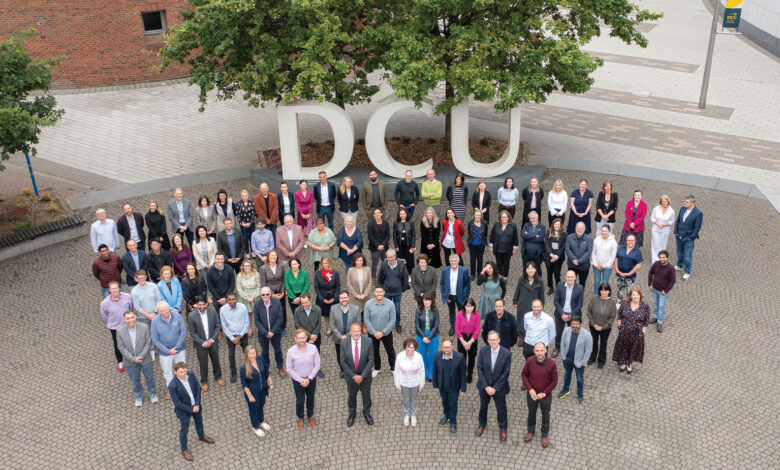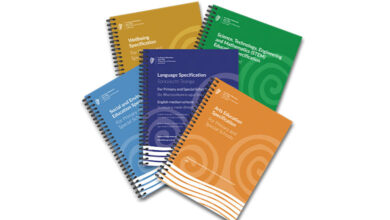DCU Business School: Driving excellence and innovation

In 2024 Dublin City University (DCU) Business School secured the final piece of the prestigious ‘triple crown’ of accreditations – EQUIS, AACSB, and AMBA – placing it among the top 1 per cent of business schools worldwide. This elite status underscores the school’s unwavering commitment to academic excellence, innovation, and industry collaboration.
The EQUIS accreditation, awarded by the European Foundation for Management Development, is a globally recognised benchmark for quality. It affirms DCU’s strong academic standards, impactful research, and deep industry connections.
The school also retained the Small Business Charter accreditation, establishing DCU as the only Irish business school in the Republic to hold this distinctive combination of accolades.
Looking ahead: Launching the DCU Institute for Research in Business & Society
In 2025, DCU Business School will expand its impact with the launch of the DCU Institute for Research in Business & Society. This ambitious initiative will lead innovative research, addressing pressing challenges in business and society.
“Our vision is to establish DCU Business School as a global leader in research that has a meaningful and positive impact on society,” says Director Colm O’Gorman. “The Institute will foster collaboration with academic, industry, and policy partners to create innovative, sustainable, and trustworthy solutions.”
The Institute brings together 65 leading faculty members, PhD researchers, and international collaborators to tackle cutting-edge issues through innovative research areas like trust, decent and sustainable work, family business, and online harms. By leveraging DCU’s proven expertise, we are building a world-class research institute that not only pushes boundaries in academic excellence but also delivers impactful solutions to real-world challenges.
Celebrating research excellence and industry impact
DCU Business School’s achievements extend beyond accreditations. Faculty members were named among Stanford University’s top 2 per cent researchers worldwide, highlighting the School’s leadership in areas such as digital innovation and sustainable work. In addition, DCU won the ‘Outstanding Stakeholder Engagement’ award at the 2024 Small Business Charter Excellence Awards, recognising its impactful initiative supporting family businesses.

Join us
Prospective students can join this community of excellence by exploring postgraduate opportunities at: business.dcu.ie/post-graduate/ Industry leaders seeking innovative solutions can collaborate with DCU’s experts at: business.dcu.ie/collaborate-with-us/






